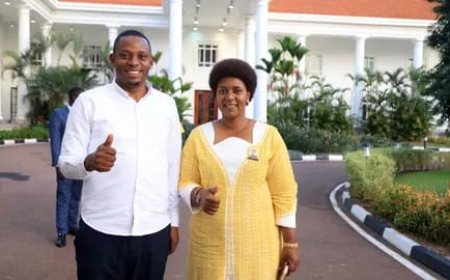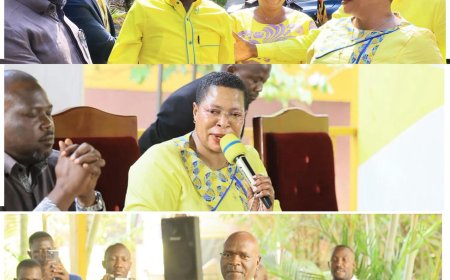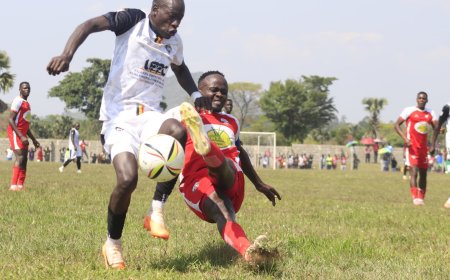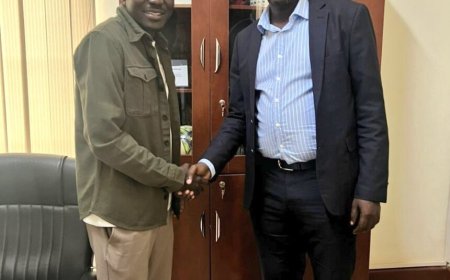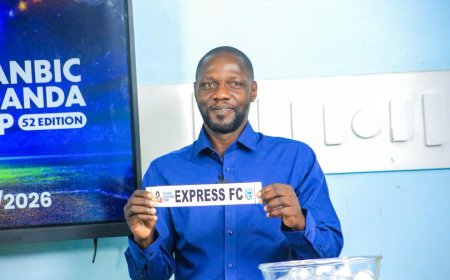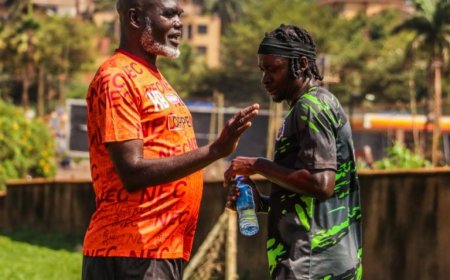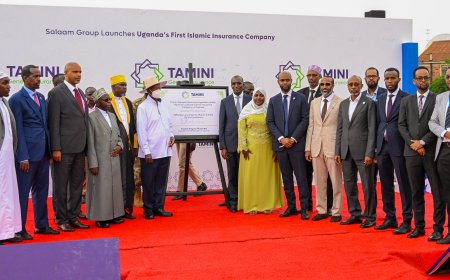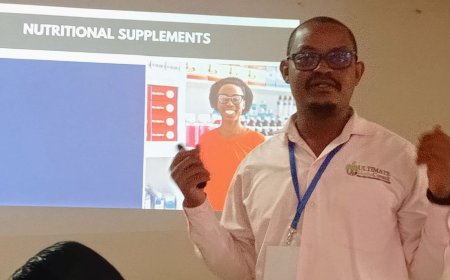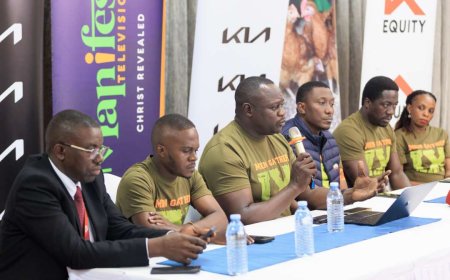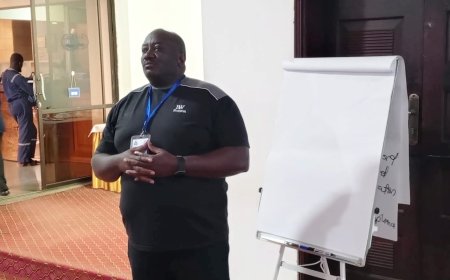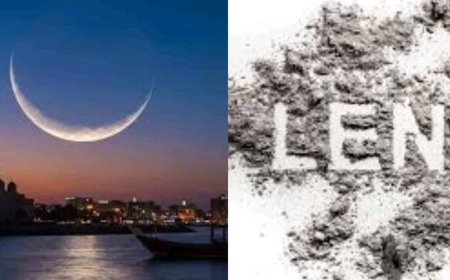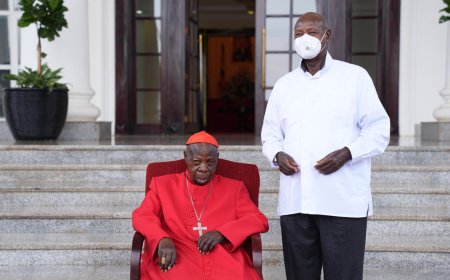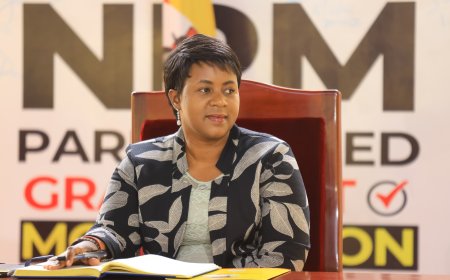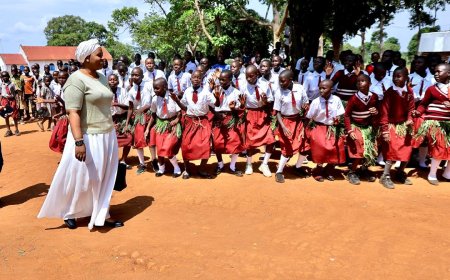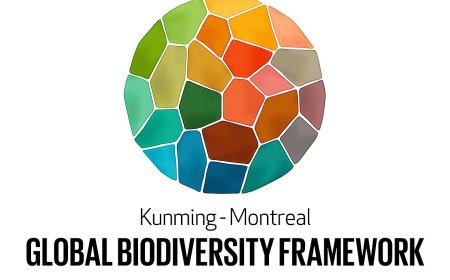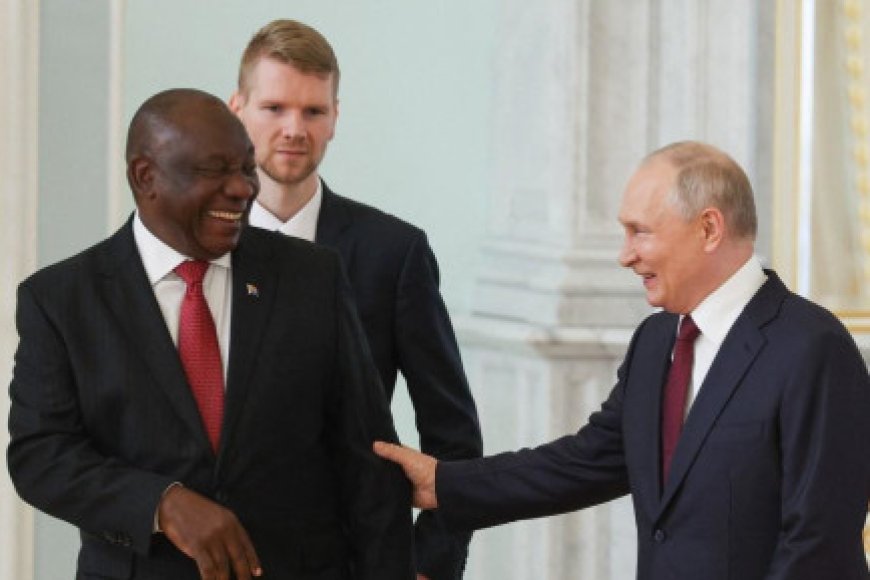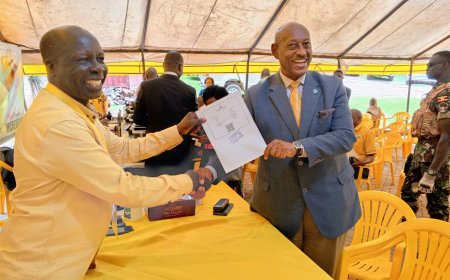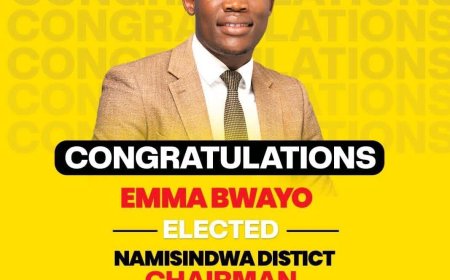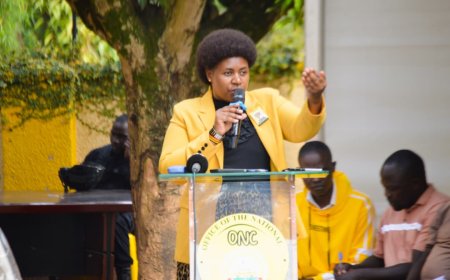South Africa and Russia, the 'strange bedfellows'
Russian President Vladimir Putin meets with South Africa's President Cyril Ramaphosa in Strel'na outside Saint Petersburg on July 29, 2023. Picture: Sergei BOBYLYOV / AFP
JOHANNESBURG - South Africa's hosting of a BRICS summit next week has turned a spotlight on ties between Pretoria and the Kremlin that are cosy and, for some, a puzzle.
Moscow and South Africa's African National Congress (ANC) forged relations during the Cold War, when the Soviet Union backed the ANC's fight against apartheid.
Those ties remain steely strong despite historical and ideological shifts that - logically - should have caused them to part company long ago.
In 1991, the Soviet Union collapsed, sowing the seeds for nationalism in its core member Russia under Vladimir Putin.
In South Africa, though, the victory over apartheid brought in democracy and Africa's most liberal constitution, bequeathing the ANC with a worldwide image as a liberator.
Analysts seeking to understand the odd-couple relationship suggest ideological cracks are cemented through historic and personal bonds - but there are likely to be less-stated needs on both sides, too.
"You could say their alliance is a friendship that was built on blood... and bullets," said political analyst Sandile Swana.
Politically, they make for "some strange bedfellows", said Steven Gruzd, at the South African Institute of International Affairs (SAIIA).
AMBIVALENCE
The ANC-Kremlin relationship came under close scrutiny last year when Pretoria chose not to condemn Russia's invasion of Ukraine - a stance that critics read as an implicit backing of Moscow.
Criticism flared anew as the August 22-24 summit in Johannesburg loomed of the five big emerging economies, Brazil, Russia, India, China and South Africa.
Pressure mounted on South Africa to say it would arrest President Putin, who is sought by the International Criminal Court over the war.
Struggling to find the right response, President Cyril Ramaphosa struck an ambivalent stance before eventually announcing that Putin had decided not to attend.
In June, Ramaphosa led an African peace mission to Ukraine and Russia which while unsuccessful helped him to redress accusations of partiality.
The mission allowed for Ramaphosa and other African leaders "to speak directly to Ukrainian people" and evaluate the situation for themselves, said Dzvinka Kachur, of the Ukrainian Association of South Africa.
'EMOTIONAL BOND'
Economically it makes little sense for Pretoria to side with Moscow so visibly, say specialists.
The US is South Africa's second-largest trade partner after China, accounting for $4.2 billion in exports in the first half of 2023.
Trade with Russia on the other hand is "very low," to use the words of South Africa's envoy to Moscow, with exports worth only $132 million from January to June.
Accusations that Pretoria secretly supplied weapons to the Kremlin spurred calls by some US lawmakers for Washington to kick it out of a major trade pact, to the worry of some businesses and opposition parties.
Political analyst William Gumede said it was time for Pretoria to realise that the union no longer served the country.
It is based on an "emotional bond" that "we can't afford," he said.
MUTUAL NEEDS?
Putin sees South Africa in terms of strategic interest, noting its status in a continent that is increasingly a diplomatic battlefield between the major powers, say some analysts.
But there is less consensus about why the ANC remains so interested in maintaining the close relationship with Putin.
Some critics suggest that the party is adrift -- despite the ideological disconnect, it turns to Moscow, its historic partner, for insights on its own future.
The ANC has been in power since the advent of democracy in 1994 but its once-stellar standing been mauled by allegations of corruption and mismanagement.
It faces general elections next year that could see its vote drop below 50 percent.
"The ANC clearly sees something else in Putin's Russia -– something aspirational," Richard Poplak, a columnist at newspaper Daily Maverick wrote last month.
"Russia is the beacon on the hill, a shining autocracy that lights the way to eternal governance."
Others suggest money is an issue.
Last year the party received more than $800,000 from a manganese mining firm linked to a US-sanctioned Russian tycoon to help fund a party conference.
"The ANC is siding with Russia for one reason alone: because the Russian Federation is funding the ANC, and thus infiltrating and destabilising South African democracy," opposition leader John Steenhuisen said in May.
Such insinuations are angrily dismissed by the party.
The party has also received donations from "American businesspeople," said Tokologo Ngoasheng, an ANC official in Johannesburg,
"It is only a problem when the Russians support the ANC," he said. "It is unfair".
